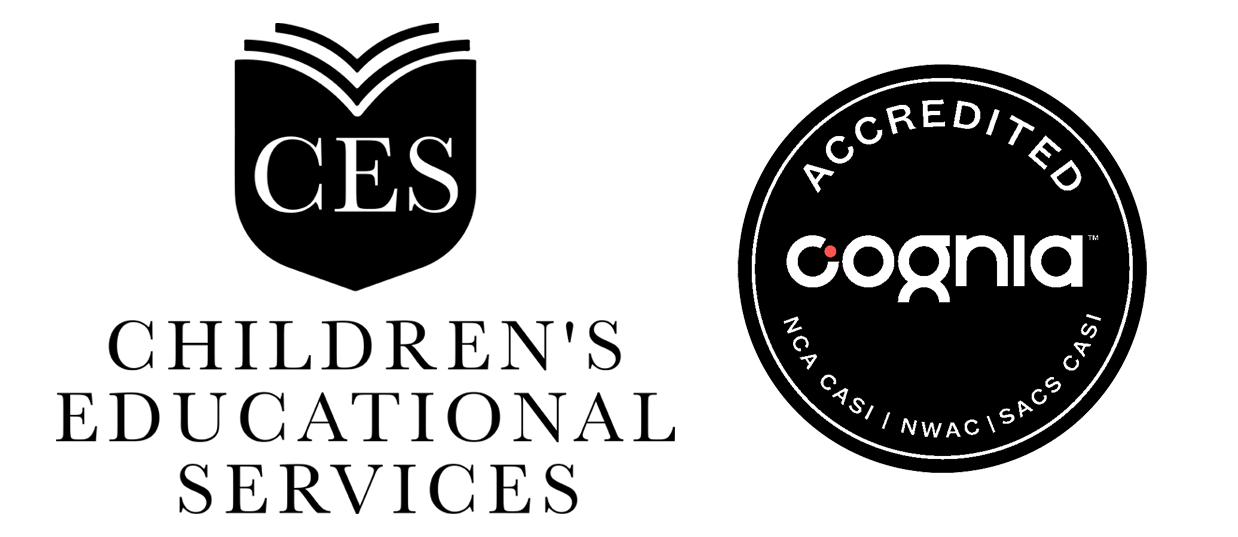It’s undeniable that a child’s reading skills are important to their success in school, work, and life in general. And it is very possible to help ensure your child’s success by reading to them starting at a very early age. Continue reading to learn more about the top benefits of reading to children and how reading can support them for the future.
7 Benefits of Reading to Children
Whether you’re reading a classic novel or fairy tales before bed, reading aloud to children can significantly benefit your child’s life. Some benefits reading to children include:
- Supported cognitive development
- Improved language skills
- Preparation for academic success
- Developing a special bond with your child
- Increased concentration and discipline
- Improved imagination and creativity
- Cultivating. lifelong love of reading
Supported cognitive development

Reading to young children is proven to improve cognitive skills and help along the process of cognitive development. Cognitive development is the emergence of the ability to think and understand; it’s “the construction of thought processes, including remembering, problem solving, and decision-making, from childhood through adolescence to adulthood” (HealthofChildren.com). It refers to how a person perceives and thinks about his or her world through areas such as information processing, intelligence, reasoning, language development, attention span, and memory.
When you begin reading aloud to your child, it essentially provides them with background knowledge on their young world, which helps them make sense of what they see, hear, and read. In fact, many educators and researchers postulate that “It is the talk that surrounds the reading that gives it power, helping children to bridge what is in the story and their own lives,” rather than just the vocalization of the words. Introducing reading into your young child’s life, and the conversations that it will prompt, helps them to make sense of their own lives, especially at a young age.
Consider this excerpt from a study on toddlers’ cognitive development as a result of being read aloud to:
“A child care provider reads to a toddler. And in a matter of seconds, thousands of cells in these children’s growing brains respond. Some brain cells are ‘turned on,’ triggered by this particular experience. Many existing connections among brain cells are strengthened. At the same time, new brain cells are formed, adding a bit more definition and complexity to the intricate circuitry that will remain largely in place for the rest of these children’s lives.”
Therefore, the more adults read aloud to their children, the larger their vocabularies will grow and the more they will know and understand about the world and their place in it, assisting their cognitive development and perception.
Improved language skills
Reading daily to young children, starting in infancy, can help with language acquisition, communication skills, social skills, and literacy skills. This is because reading to your children in the earliest months stimulates the part of the brain that allows them to understand the meaning of language and helps build key language, literacy and social skills.
In fact, a recent brain scan study found that “reading at home with children from an early age was strongly correlated with brain activation in areas connected with visual imagery and understanding the meaning of language” (TIME.com)
These cognitive skills and critical thinking skills are especially important when you consider that, according to the American Academy of Pediatrics, more than one in three American children start kindergarten without the skills they need to learn to read. About two-thirds of children can’t read proficiently by the end of the third grade.
Furthermore, while a child will be able to latch onto vocabulary and language he or she hears around him or her, introducing reading into their auditory learning provides another benefit: it introduces the language of books, which differs from language heard in daily life. Whether it’s a children’s book or classic novel, book language is more descriptive, and tends to use more formal grammatical structures.
Prepare for academic success
Early reading with your child is a true one-on-one opportunity for children to communicate with their parents and parents to communicate with their children. It allows children to grow their vocabulary skills with exposure to new words and listening skills they develop from hearing someone read to them that become vital to their academic success.
Studies have shown that “the more words that are in a child’s language world, the more words they will learn, and the stronger their language skills are when they reach kindergarten, the more prepared they are to be able to read, and the better they read, the more likely they will graduate from high school” (PBS.org).
Numerous studies have shown that students who are exposed to reading before preschool are more likely to do well when they reach their period of formal education. According to a study completed by the University of Michigan, there are five early reading skills that are essential for development. They are:
- Phonemic awareness – Being able to hear, identify, and play with individual sounds in spoken words.
- Phonics – Being able to connect the letters of written language with the sounds of spoken language.
- Vocabulary – The words kids need to know to communicate effectively.
- Reading comprehension – Being able to understand and get meaning from what has been read.
- Fluency (oral reading) – Being able to read text accurately and quickly.
While children will encounter these literacy skills and language development once they reach elementary school and beyond, you can help jumpstart their reading success by reading to them during infancy and their early toddler years.
While they won’t be able to practice fluency or phonics at that stage, they will get an earlier introduction to phonetic awareness, vocabulary and reading comprehension, all of which will set them up for success as they grow and interact with the world around them.
Developing a special bond with your child
It goes without saying that reading to your young child on a regular basis can help you forge a stronger relationship with them. When it comes to children, one of the most important things you can do to positively influence their development is spend time with them. Reading to your children provides a great opportunity to set up a regular, shared event where you can look forward to spending time together. With shared reading, your child will trust and expect that you will be there for them. The importance of trust to small children cannot be overstated.
Reading a favorite book to your children not only helps you bond with them, but also gives your children a sense of intimacy and well-being. This feeling of intimacy helps your child feel close to you, and the feelings of love and attention encourage positive growth and development.
With babies specifically, although they may not be able to understand what you’re saying when you read to them, reading aloud provides a level of invaluable nurturing and reassurance. Very young babies love to hear familiar voices, and reading is the perfect outlet to create this connection.
At a broader, more scientific level, it’s the parent-child relationship, nurturing relationships between caregivers and children that set a positive life course. If you are able to read aloud with your child at a predictable, scheduled time that fits with the daily routines of home and school, you’ll be able to provide something constant that they can expect and likely even look forward to.
Reading aloud together and having a shared activity gives you and your child something to talk about, which in turn supports the development of reading and writing skills (per the vocabulary and reading comprehension areas of development mentioned above). And down the road, reading together can be used to discuss real-life experiences and issues. A children’s book can provide springboards to meaningful discussions about many different topics which can further develop a child’s critical thinking skills.
At its core, literature is one of the best ways to help kids understand something without necessarily having to experience it for themselves. Reading to your child helps to expose them to all types of subjects and concepts, building our children’s understanding of humanity and the world around them (ReadBrightly.com).
Increased concentration and discipline
Introducing regular reading time into your child’s schedule has another benefit outside of creating shared time together: increased discipline and concentration. Very young children rarely sit still for long, and it’s oftentimes difficult to get them to focus. But when you introduce regular reading to your children, you may start to observe a change in behavior. Toddlers may initially squirm and become distracted during story time, but eventually they’ll learn to stay put for the duration of the book.
According to EarlyMoments.com, along with reading comprehension comes “a stronger self-discipline, longer attention span, and better memory retention, all of which will serve your child well when she enters school.”
Improved imagination and creativity
Young children naturally have a capacity to dream big and use their imaginations. Reading aloud to your child helps them use their imaginations to explore people, places, times, and events beyond their own experiences. Reading as an imaginative activity can open doors to all kinds of new worlds for your child. By widening your child’s imagination, your child is more likely to dream bigger and act creatively which can benefit they school, work, and life in the future.
Cultivating a lifelong love of reading
According to Jim Trelease, author of the best-seller, The Read-Aloud Handbook: “Every time we read to a child, we’re sending a ‘pleasure’ message to the child’s brain… You could even call it a commercial, conditioning the child to associate books and print with pleasure” (ReadAloud.org)
This connection between reading and “pleasure” is crucial for success later in life. As personal development coach and speaker Brian Tracy says, your ability to expand your mind and strive for lifelong learning is critical to your success — “Learning is the minimum requirement for success in any field.”
Reading is the key for lifelong learning, and if you can instill a love of reading at an early age, then a commitment to lifelong learning is sure to follow. Reading aloud presents books as sources of pleasant, valuable, and exciting experiences. Children who value books are motivated to read on their own, and will likely continue to practice independent reading throughout the rest of their lives.
When it comes to reading to your children, the benefits to your child’s life range far beyond the development of a close bond with them, although that’s certainly one of them. Reading aloud to children is truly the single-most important activity for building these understanding and skills essential for reading success that your child will carry with them all throughout their life.
Source: Children’s Bureau


